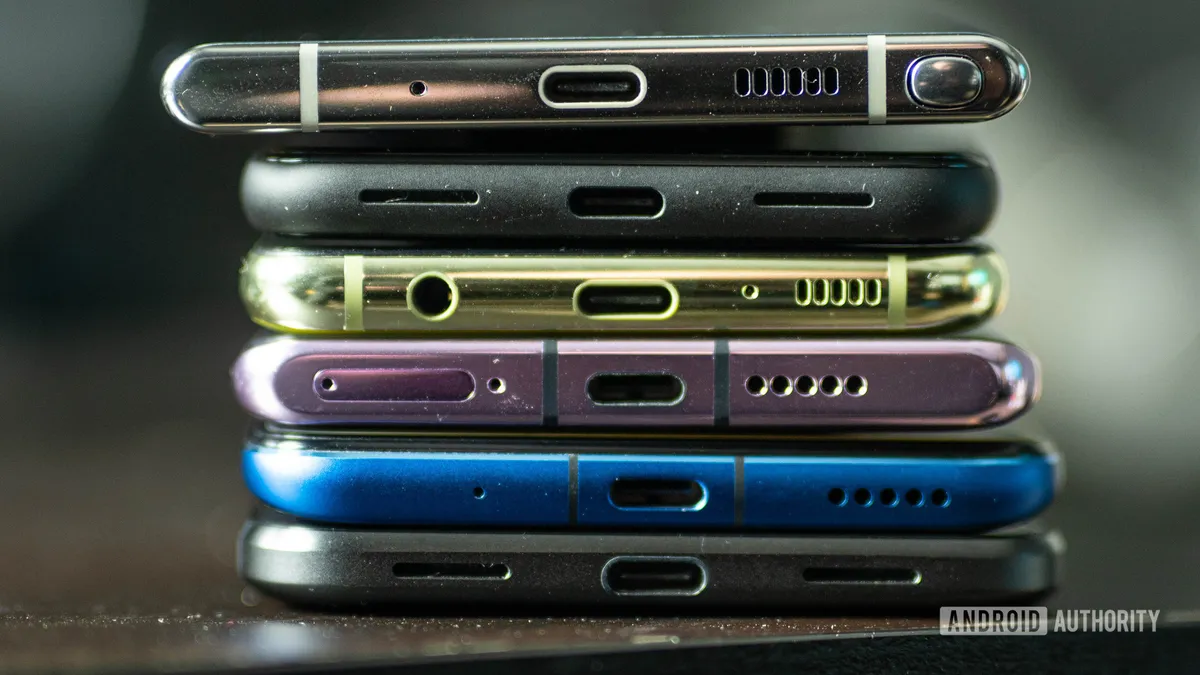
A recent post on Reddit has sparked discussions in the tech community regarding the Sony Xperia 10 VII and its packaging, which notably lacks a USB cable. This trend follows the growing industry standard where smartphones no longer come with chargers, but the omission of cables is a new development that could reshape consumer expectations.
Historically, smartphones came equipped with essential accessories like chargers and USB cables. However, in 2020, Apple made headlines by releasing the iPhone 12 without a bundled charging brick. The company's rationale was that USB chargers had become commonplace, allowing them to conserve resources and reduce electronic waste without significant inconvenience to users. Since then, other major Original Equipment Manufacturers (OEMs) have adopted similar practices, making chargers a rarity in smartphone packaging.
In a post shared on the Linus Tech Tips subreddit, user Brick_Fish revealed that their recently purchased Sony Xperia 10 VII arrived without both a charger and a charging cable. Accompanying the post was a photo illustrating the packaging, which clearly indicates these omissions. While Sony may not be a dominant player in the smartphone market today, this trend could gain momentum in the coming years.
The environmental argument for eliminating bundled cables is straightforward. With USB-C now the standard, most consumers likely have a collection of usable cables at home. By not including cables with new devices, manufacturers can help reduce the number of USB cables ending up in landfills. Apple has also contributed to this trend by excluding bundled cables with its latest AirPods 4 and AirPods Pro 3. However, Sony is the first smartphone manufacturer to officially omit charging cables from its offerings.
While the environmental benefits of shipping fewer accessories are significant, the primary motivation for companies like Apple and Sony is profit. By not including charging cables, manufacturers can save a few cents per unit. When scaled up across millions of devices, this can lead to substantial savings. Moreover, it encourages consumers to purchase first-party cables, which can be more profitable for manufacturers.
Many users on the Reddit thread voiced concerns about the potential decline in quality associated with non-bundled cables. A move away from high-quality bundled options may push consumers towards low-cost alternatives that might not perform as well or endure over time. It's important for consumers to conduct thorough research when selecting USB cables to ensure they are investing in reliable products.
As we witness this shift in the smartphone industry, we want to hear from you. Do you believe that your next smartphone should come with a USB cable in the box? Share your thoughts in the comments section below!
For the latest updates and expert analysis on smartphones and technology, consider following Android Authority and adding us as a favorite source in Google Discover. Stay informed and never miss out on our exclusive reports!